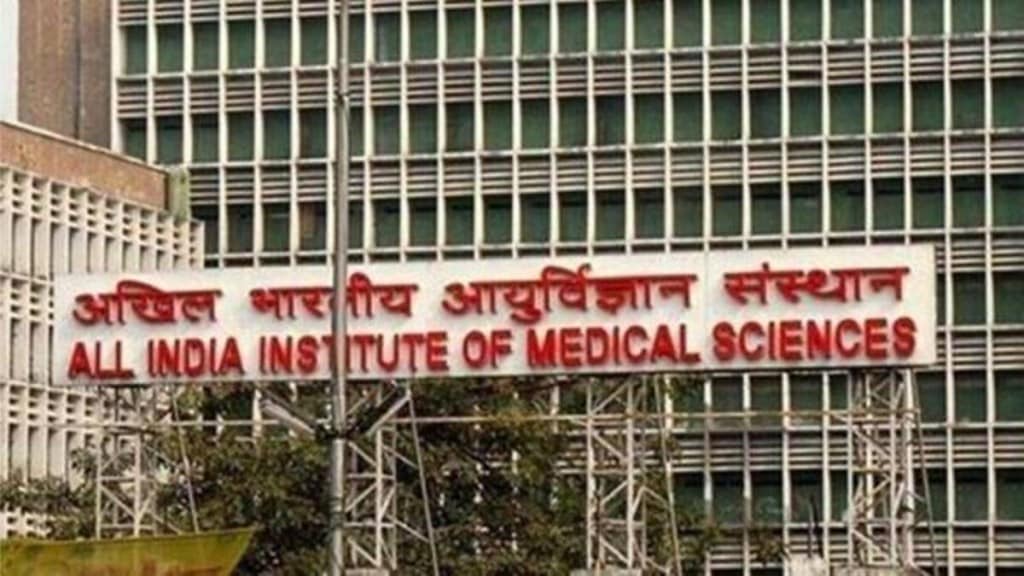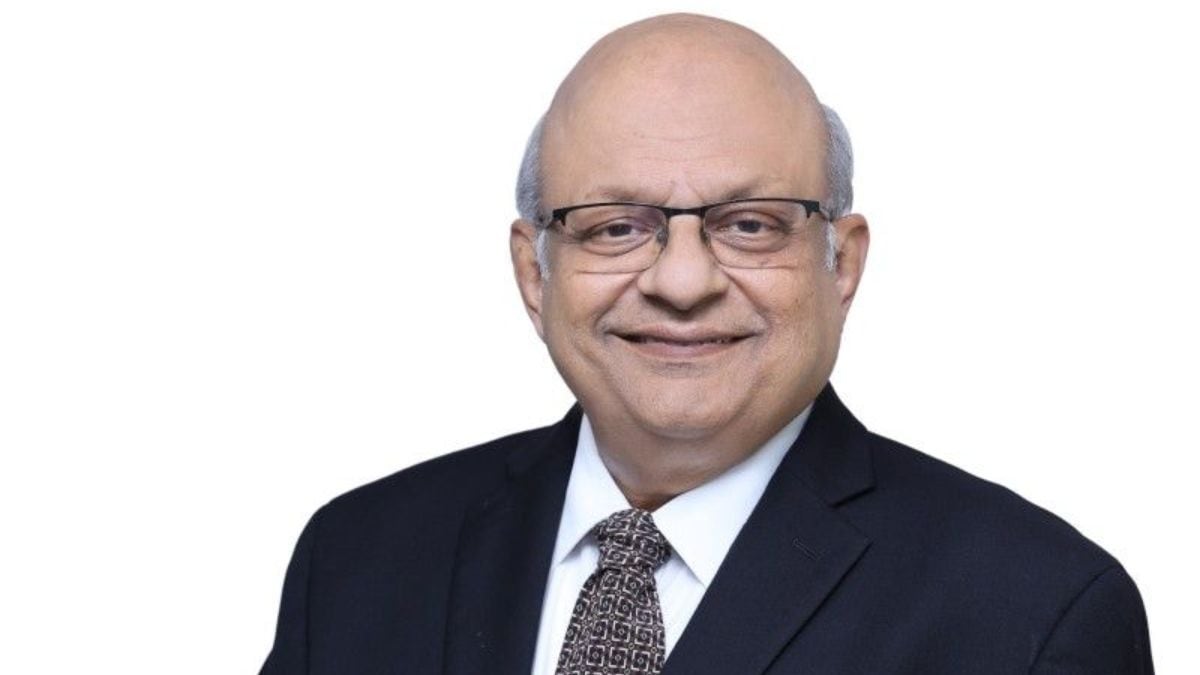The All India Institute of Medical Sciences (AIIMS) Delhi has decided to increase the capacity of its CATH lab. The hospital has taken this decision amid growing demand for critical cardiovascular and neurological procedures.
According to a report by the news agency PTI, AIIMS Delhi will also set up a CATH lab in the emergency department to ensure prompt primary neuro, cardio and other endovascular interventions.
This strategic decision comes after careful consideration of the current patient load and the need for prompt interventions, particularly in emergencies, said Dr Rima Dada, the professor-in-charge of Media Cell.
AIIMS Delhi Director Dr M Srinivas underscored the urgency of addressing the existing gap between the demand for CATH lab services and the available infrastructure during discussions with the AIIMS faculty recently, Dr Dada said, as quoted by PTI.
It was observed the current number of operational CATH labs fall short of meeting the escalating demand, resulting in extended waiting times for complex neuro and cardio procedures.
According to the official, the absence of a dedicated CATH lab within the emergency department has led to delays in administering primary interventions, consequently impacting patient outcomes.
Recognizing these challenges, AIIMS Delhi has resolved to take proactive measures to optimize patient care, she said.
“Accordingly, it has been decided that the Cardio Neuro Centre shall augment the number of CATH labs therein at the earliest as per the maximum projected requirement for optimal patient care,” Dr Dada said.
“Also, a shared CATH lab shall be operationalized in the emergency department to ensure prompt primary neuro, cardio and other endovascular interventions within the most vital golden hour,” she added.
This expansion aims to streamline the delivery of critical interventions and reduce waiting times, ensuring timely access to life-saving treatments for the patients.
“The augmentation of CATH lab capacity at the AIIMS New Delhi reflects our unwavering commitment to advancing healthcare delivery and meeting the evolving needs of our patients,” Dr Dada said.
“By investing in state-of-the-art infrastructure and specialised facilities, we remain dedicated to providing the highest standards of care and improving clinical outcomes,” she added.








